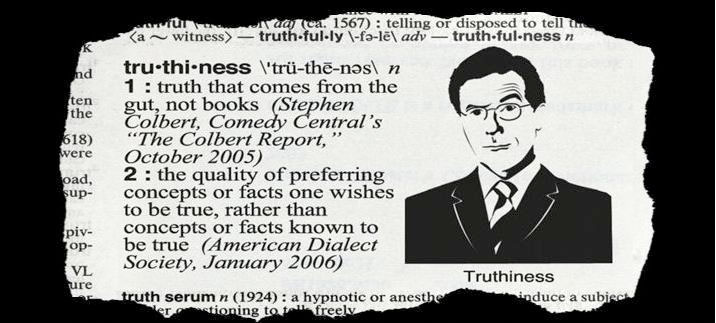Friends don’t let friends write drunk, unless one is at the Algonquin Round Table. But what happens when sources say something demonstrably stupid? Do you put in in the paper or online?
Let me be clear. First, there is an eternal debate about cleaning up quotes to make them grammatical and keep the speaker from sounding like a lout. I tend to say clean ’em up, unless the grammar usage is contextually critical to the story. Imaging the historic calamity had James Agee “cleaned up” the dialect of the tenant farmers in Now Let Us Praise Famous Men.
Second, there are outright lies or half-truths. Here, journalists are obliged to ferret out and report the actual facts. This is a particular danger in business journalism, where cooked earnings and economic statistics can be thrown out like fairy dust. Don’t let anybody get away with this. Otherwise, you are committing malpractice and doing a terrible disservice to readers, the public record and the information a complex society needs in order function. Remember the late Daniel Patrick Moynihan: “You are entitled to your own opinion. But you are not entitled to your own facts.”
“There are outright lies or half-truths.
Here, journalists are obliged
to ferret out and report
the actual facts.”
Yes, what we do is hard. This is why, as a business editor, I almost never hired anyone who didn’t have at least five years experience as a business writer at a major metropolitan daily.
No, my target today is the hazy zone of the stupid, things that may be said out of ignorance or boosterish bright-siding.
One of the classics is where someone claims that their burg is going to be “the next Silicon Valley.” Earlier this year, I wrote a Seattle Times column about why this is an absurd claim. Even talking about becoming the next major tech center is a stupid statement unless you live in about 20 metros that already have the essential bones, including tech giants; abundant capital at all stages of company development; major research universities; technology transfer from universities to the private sector; federal laboratories and major research funding; heavy concentration of talent and advanced degrees, patents, etc. You get the idea.

It’s like the little downtown markets I’ve seen start up — a nice thing, don’t get me wrong — but inevitably, some speaker announces it will be “like Pike”s Place Market.” They have obviously never been to Pike Place Market in Seattle and seen all the components and decades of civic stewardship that made this wonder possible.
What’s a reporter to do?
Remember, you are a journalist, not a stenographer.
If a prominent newsmaker says something stupid, it’s better to: 1) Ignore it; 2) Follow up and dig deeper about what the person really means, when what they said is so out-of-whack with reality; 3) Focus on the truly newsmaking things the person says, not the bragging or fantasy. On the other hand, if someone of consequence spouts stupidity, sometimes journalists have an obligation to report it and mention the reasons the comment is (to put it kindly) a stretch. Or the comment is revealing and should be reported, as when General Motors CEO Roger Smith proudly said he didn’t know how to use the computer on his desk.
It’s a judgment thing. Use your best.











